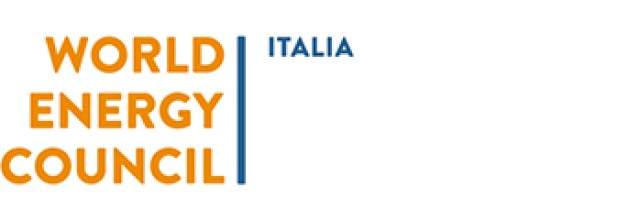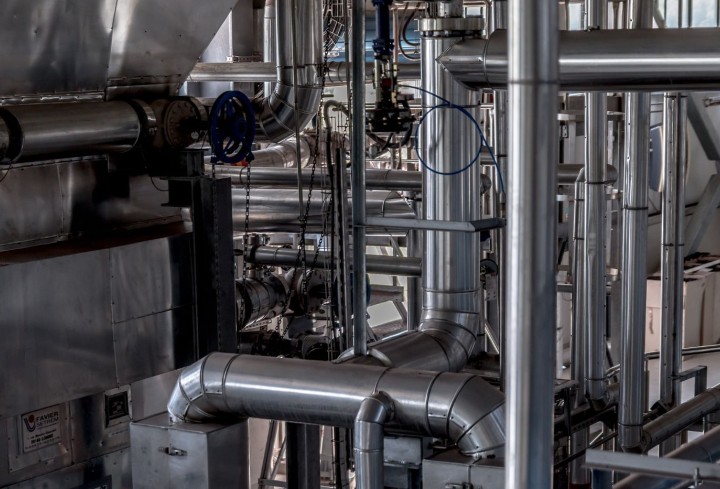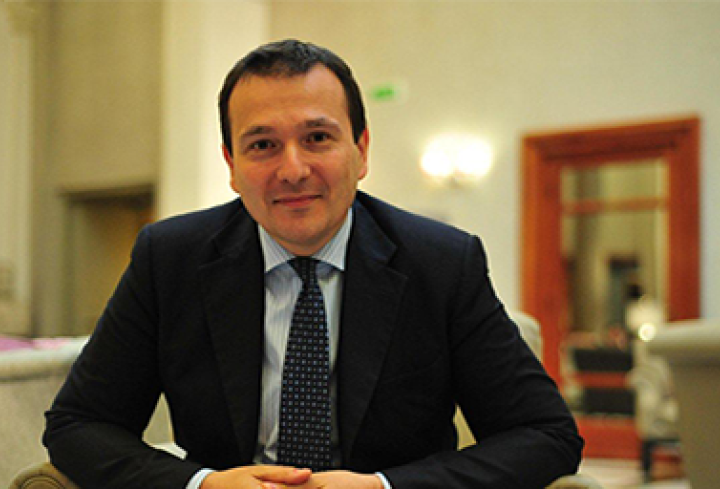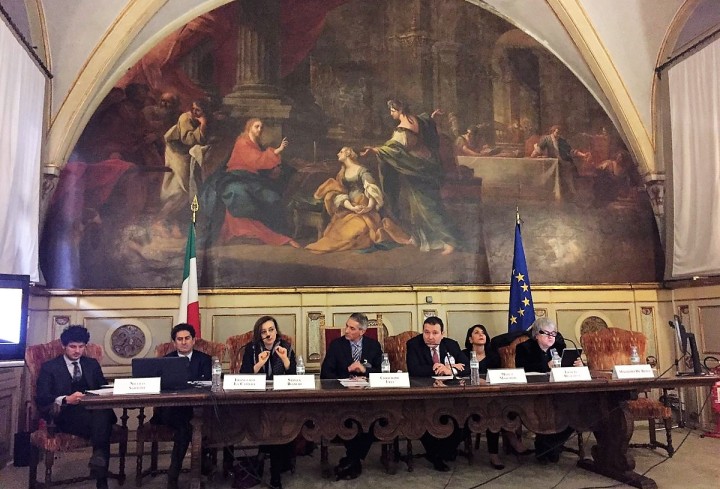The Italian Member Committee of the World Energy Council is a non-profit multi-energy association based in Rome, set up under the patronage of the Ministry of Foreign Affairs and the former Ministry of Industry, Trade and Crafts in 1988. The members’ network brings together industry, institutions and universities and represents the different levels of all energy sources. Due to these characteristics, the Committee has taken on a role of “super partes” in the Italian energy sector. The Italian Member Committee promotes the World Energy Council’s mission and objectives and participates in its Global Studies Programme and is active in publishing the results of these studies in Italy. The Committee also participates in furthering the national energy debate, mainly organizing conferences and workshops on key energy issues and acts to provide reliable and up-to-date information at all levels, not only for people working within the sector.
Marco Margheri, Councillor and Vice Chair of the World Energy Council's Italian Member Committee since 2011, today holds the position of Chair of the Committee. In addittion to being ENI’s USA International Relations Office SVP, Marco Margheri, is also Council Member of the ECFR (European Council on Foreign Relations) and Executive Committee of the IAI (Institute of International Affairs). Previously, it had covered several responsibility in Edison, General Electric - Oil&gas and Young&rubicam - Cohn&wolfe.

Michele Vitiello, class of 1990. Law degree from the Federico II University of Naples with a thesis in Energy Law. Selected by Fortune for 2024 in the list of 40 under 40 who are changing the country. Since 2024 he has held the position of Secretary General of WEC Italy - Italian National Committee of the World Energy Council. He is the Director of the Ottimisti&Razionali Foundation, through which he carries out advocacy activities on the issues of infrastructure, energy, TLC, and health. He is an advisor to the National Youth Council, an advisory institution to the Presidency of the Council of Ministers on youth policy and other businesses in the mobility sector. Editorial director of Parlamento Magazine, the trimestral distributed to the Camera, Senate, and Ministries for reporting on parliamentary life and listening to experts and industry for shared policy development. He is a founding partner, along with Claudio Velardi, of Reframe Srl, a strategic communications and institutional relations consulting company.
A background in institutions and active politics as a party leader. National coordinator of thematic departments, regional coordinator for Campania, and head of the Statute and Regulations Commission of a youth political party. He worked as a consultant at the Regional Council of Campania, the Bureau of the Chamber of Deputies, a parliamentary group at the Senate of the Republic. He managed the communication for two ministers of the previous government, and two regional presidents, and was responsible for electoral campaigns of national parties for the general elections, the Rome municipal elections, and regional elections.
He is on the scientific committee of the journal Calamus Iuris, on the Human Rights Commission of the Torre Annunziata Lawyers' Association, on the editorial board of the Ottimisti & Rational Foundation, and on the editorial board and board of directors of Italian Politics, a think tank that in partnership with the Italian Public Relations Federation (FERPI) and with the scientific contribution of the Luiss School of Government, analyzes democratic dynamics with a focus on parliamentary work, awarding the most deserving parliamentarians each year.
Paolo Storti, Senior Energy Analyst since 2001 and currently Operating Director for the Italian Member Committee, holds a degree in Environment and Development Economics. As part of his professional experience, he developed specific programming and communication skills on issues related to the energy-environment nexus, especially from the point of view of both technological and regulatory developments, managing international conferences, training courses and in-depth studies.
Energy in Italy
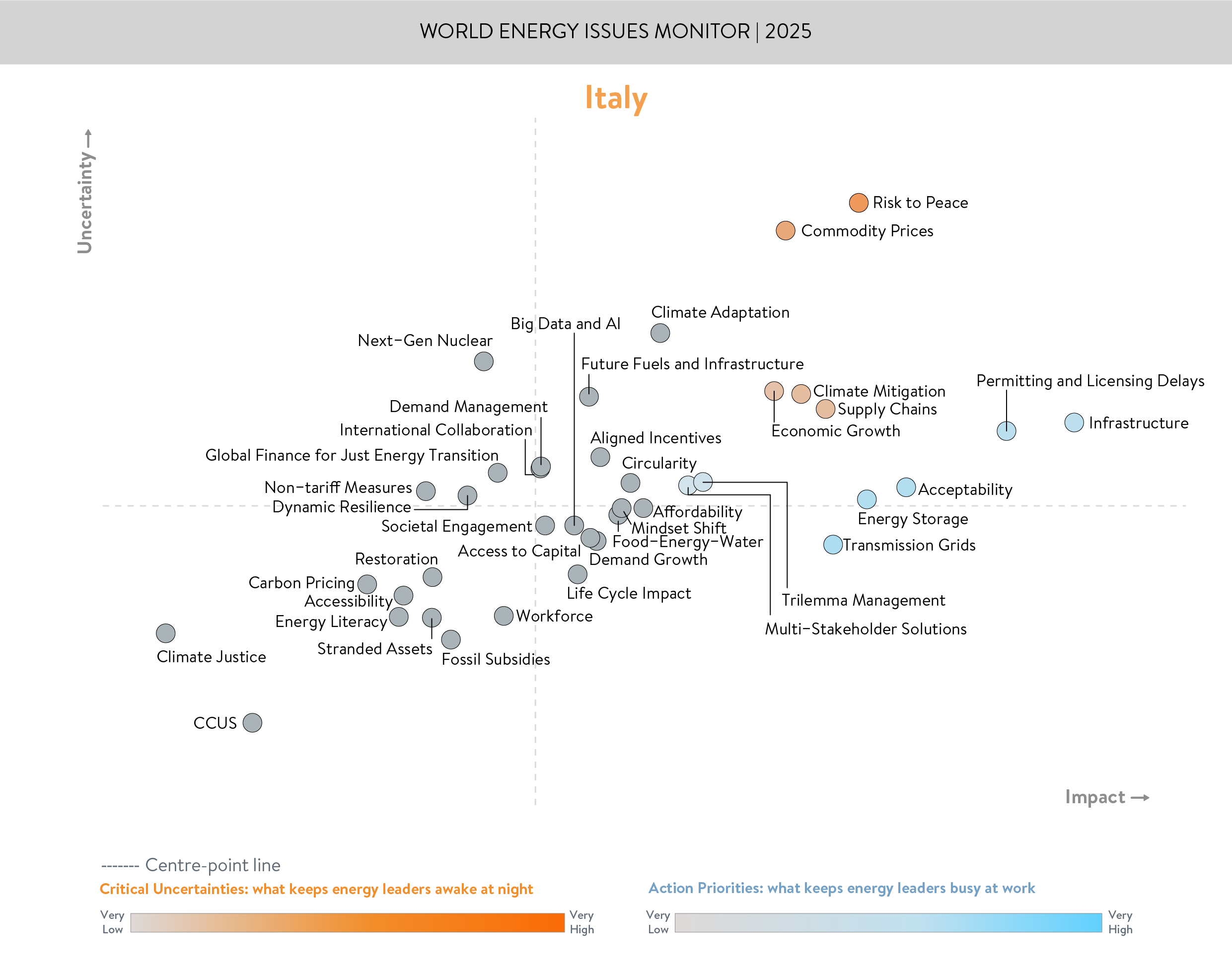
ENERGY ISSUES IN MOTION
Italy's energy transition in 2025 is framed by two overarching imperatives: securing energy supply chains and ensuring stable economic growth. These priorities underscore the country's commitment to navigating the energy transition without compromising its industrial competitiveness and societal resilience.
The geopolitical impacts of the Russia-Ukraine conflict have reshaped Italy’s energy flows, with new LNG infrastructure diversification and south-north pipeline enhancement becoming critical to security of supply as part of the Action Priority on Infrastructure Action Planning. This strategic shift is also evident in Italy’s large-scale investments in grid infrastructure and diversified supply routes, which aim to enhance flexibility, reinforce regional interconnectivity, and build resilience to climate and market shocks. These priorities support not only energy security but also industrial competitiveness and long-term economic stability.
Stable economic growth also hinges on the development of infrastructure and permitting acceleration. Italy's largest utility has committed €18.3 billion (2025–2027) to grid modernization and digitalization to support the increasing penetration of renewables (now over 40% of the electricity mix). Meanwhile, gas infrastructure is adapting to new geopolitical realities, with over €2 billion allocated for the Adriatic Line and additional funds supporting LNG regasification capacity.
Despite these advancements, challenges persist. Artificial Intelligence (AI) is ranked as the top Critical Uncertainty due to its transformative but uneven integration across the energy sector. While AI enables enhanced forecasting, predictive maintenance, and wildfire risk management, issues of scalability, digital infrastructure, and ethical deployment slow its uptake.
Energy Storage remains Italy’s most pressing Action Priority. Battery capacity is expected to exceed 80 GWh by 2030, supported by the development of pumped hydro systems. However, permitting delays, unclear revenue frameworks, and supply chain dependencies are major bottlenecks. Investor confidence depends on stable support schemes and forward-looking regulation.
FROM BLIND SPOTS TO BRIGHT SPOTS
One key blind spot is the energy workforce transition. Despite the growing demand for digital and technical skills, the sector faces talent shortages that threaten infrastructure timelines. Innovation, AI, and data tools could support reskilling from fossil-based sectors, but dedicated policies are still lacking.
Another blind spot is the slow adoption of demand-side response (DSR). While DSR could reduce peak load by up to 15% by 2030, current uptake is limited by regulatory fragmentation and consumer hesitancy. The new TIDE framework (2025) seeks to integrate DSR into wholesale markets and standardize compensation, though implementation hurdles remain.
Italy’s bright spots include leadership in circular economy models and biofuels innovation. Waste-to-Fuel (W2F) technologies are scaling up, turning organic waste into biomethane and bio-oils. Two former fossil refineries have been repurposed into bio-refineries, producing fuels from non-food biomass. These initiatives extend asset lifespans and reduce carbon intensity.
Another bright spot that concerns the World Energy Trilemma in all its dimensions is the investment in LNG and hydrogen-ready pipelines and storage, fundamental to ensure system flexibility and security of supply, while also enhancing the integration of decarbonized molecules, which play a key role in meeting decarbonisation goals.
ADDRESSING CRITICAL UNCERTAINTIES TO BALANCE THE WORLD ENERGY TRILEMMA
Key issues intersecting with the Trilemma dimensions include:
- Supply Chains (Action Priority, Energy Security): Italy is diversifying imports and building regional partnerships to reduce exposure to critical mineral disruptions and refining bottlenecks.
- Artificial Intelligence (Critical Uncertainty, All Trilemma Dimensions): While AI can improve efficiency and sustainability, skills gaps and trust issues hinder broader adoption.
- Energy Storage (Action Priority, All Trilemma Dimensions): Long-duration storage solutions are vital for renewable integration and resilience. €1.3B has been allocated to expand and diversify Italy’s storage portfolio.
- Affordability (Action Priority, Energy Equity): Italy is striving to ensure competitive energy prices through technology-neutral solutions and diversified supply infrastructure, especially for gas and emerging fuels.
- Climate Adaptation (Critical Uncertainty, Environmental Sustainability): Extreme weather events continue to strain infrastructure. The National Climate Adaptation Plan (2024) lays a foundation, but implementation remains a challenge.
Italy's strategy reflects a pragmatic blend of resilience, innovation, and diversification. By reinforcing its energy security architecture and maintaining focus on economic stability, Italy can navigate the uncertainties of transition while setting benchmarks in circularity and digital energy systems.
Acknowledgements
Italy Member Committee
Downloads
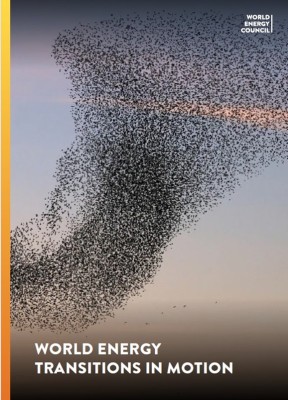
Italy World Energy Issues Monitor 2025 Country Commentary
Download PDF
World Energy Issues Monitor 2025
Download PDF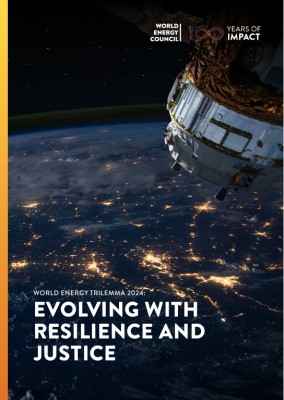
Italy World Energy Trilemma Country Profile 2024
Download PDF


